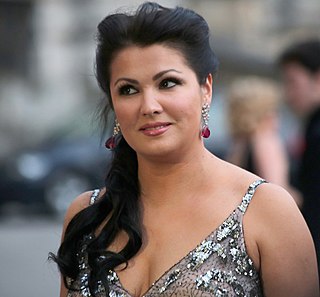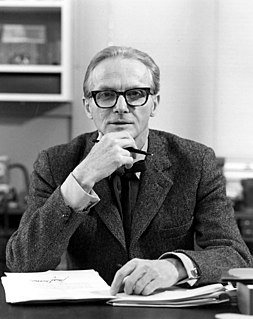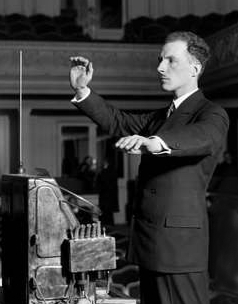A Quote by Joshua Bell
Good conductors know when to let an orchestra lead itself. Ninety percent of what a conductor does comes in the rehearsal - the vision, the structure, the architecture.
Related Quotes
There are two types of conductors. One is the good conductor who can do passionate music but also listen to the singers and do the orchestra. And then there are great conductors, who have their own opinion on the music, who are ruling everything - and not listening much to the singers, but the orchestra play amazingly.
What appeals to me about an American music directorship is the involvement of the conductor with the orchestra and the community. I think that's a fantastic thing. In Europe, being principal conductor means merely that you're the person who does most of the concerts. For me, that simply isn't enough.
When we come to understand architecture as the essential nature of all harmonious structure we will see that it is the architecture of music that inspired Bach and Beethoven, the architecture of painting that is inspiring Picasso as it inspired Velasquez, that it is the architecture of life itself that is the inspiration of the great poets and philosophers.
Direction is the most invisible part of the theatrical art. It's not like the conductor in the symphony orchestra performance because he's standing in front of you waiving his arms. You now what he's doing. You don't know what the director is doing unless you know a lot about theater and even then you can only deduce it. You know it when you go to rehearsal. You really know it when they are rehearsing something of yours. I learned more in the rehearsals for The Letter than I have ever dreamed of know in the theater as a critic. If it doesn't make me a better critic, I'm an idiot.
































